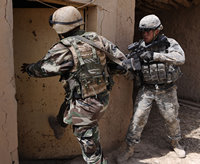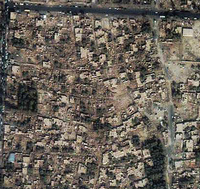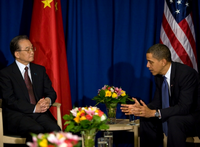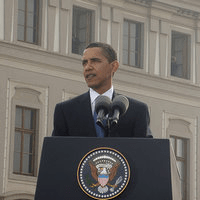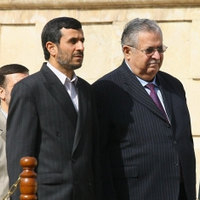
As Iraq’s political leaders crisscrossed the region holding meetings in various neighboring capitals in the run-up to and aftermath of the March 7 parliamentary elections, they provided a running display of the country’s continued vulnerability to the actions, both benign and malign, of its regional neighbors. While these cordial meetings were described as friendly consultations and information-sharing exercises, they reflect a stark reality: Iraq’s future is not solely in its own hands, and due to its weakness, the country’s future course will be shaped by both the actions and interference of its neighbors. Less clear is Iraq’s contribution to the […]


